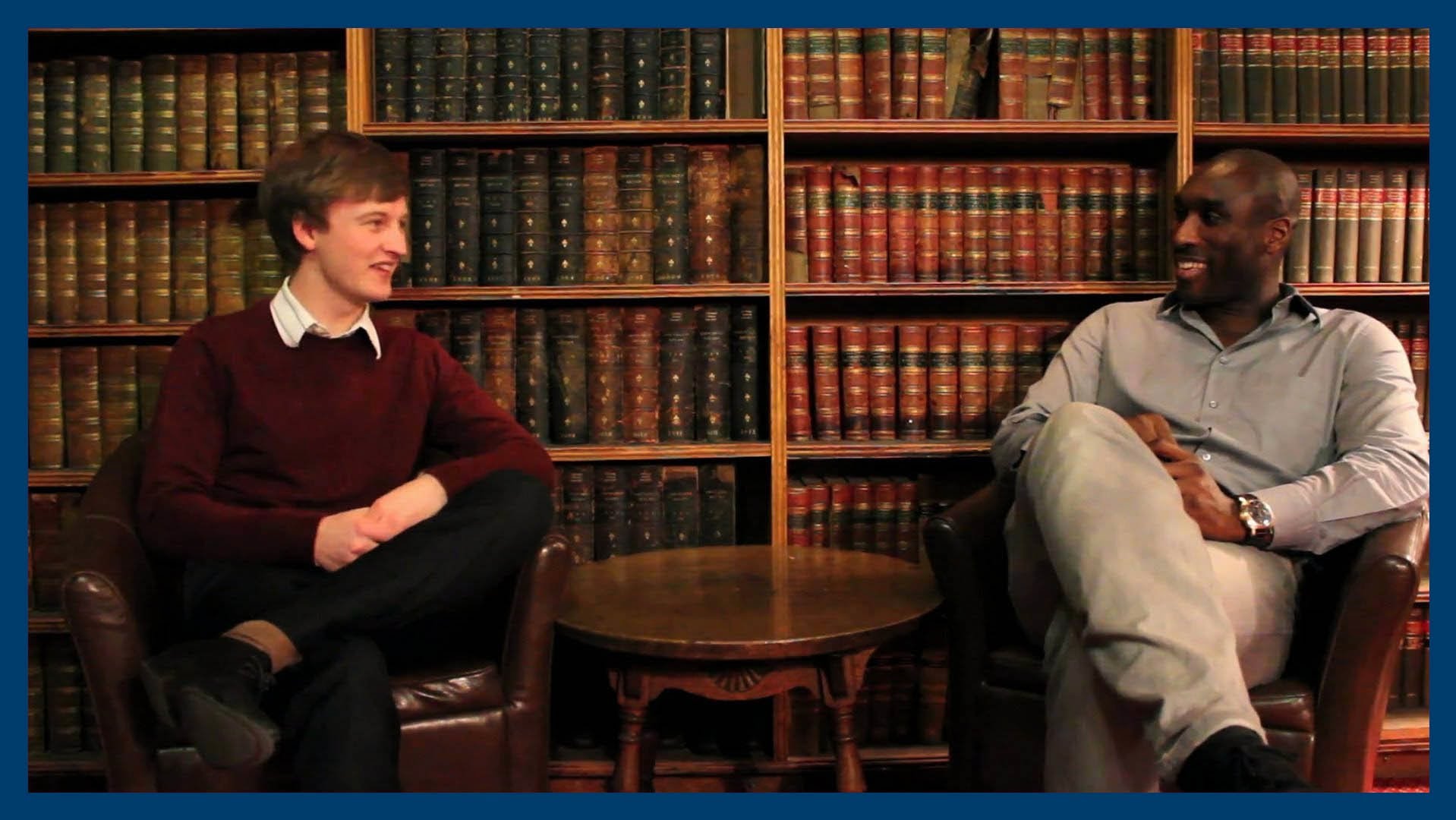Thus far in my career as an educator, I have seen just how difficult it can be for students to focus on tasks. They find it very difficult to focus on planning, especially when it comes to planning for the future. Be it planning for tomorrow or setting down the foundations for future aspirations. I have seen this behaviour most in students with ADHD (attention deficit hyperactivity disorder) or ASCs (autism spectrum conditions).
From my experience, behavioural management is key in focussing on any task. By this I mean the setting up of effective skills so as to get the most productivity and enjoyment out of your time. This technique is commonly used in modern psychiatry and educational psychology, whereby an individual or a group of people recognise and tackle the negative emotional patterns in each other. With assertiveness and a little trial and error, we can work together to quickly learn how to identify negative behavioural traits and take responsibility in acting to attain a positive outcome when struggling with a situation.
I believe there are three main traits to behavioural management; tenacity, diligence and resilience. These traits lay down the foundations for becoming more self-aware in your behavioural practices and how to react to particular struggles.

How can I manage planning?
Students often struggle focussing on long complex tasks or multi-step activities. They have strong ability but subconsciously make careless mistakes. Such as in their school work they make small errors in spelling and calculations which in exams cost crucial marks.
How can a student manage this? Work hard at breaking down assignments into smaller, more manageable tasks that are easier to follow. In doing so you will be working on fewer questions at a time, constantly refreshing your brain and getting more done overall. Remember to regularly test your understanding of materials using short quizzes wherever possible, this keeps your mind engaged and your approach to work fresh.
To be really tenacious and resilient to when you get stuck in a work rut, plan how you will work in advance. You can do this with a friend or parent to make sure that a structure that is easy to follow is always in place. Quite often I have found that physically mapping out plans with visual prompts is highly effective. As then the issue of organisation is out of your brain in front of you, and you are no longer worrying about the logistics of work and are simply getting on with it instead. Good methods of visual planning include to-do lists, and for projects or applications I often use daily or weekly calendars.

How can I manage boredom?
We constantly look for new situations and want to be constantly stimulated. To avoid isolation, boredom and the negative thought patterns that follow, it is important to keep yourself occupied in life. Remember to schedule in some fun chill-out activities too! All my students in the past have had lots of strong and diverse ideas, but have struggled how to actually implement them.
So, I have encouraged them to again work with those who know them best to make sure they always have structure in their lives. Plan some interesting after school and weekend activities, exposing yourself to new situations as well as challenging yourself in what you enjoy to take it to the next level. For me that might be volunteering at a lab in a particular discipline I have been reading up on for a few months. Don’t worry if it takes you some time to get activities into place, or that you find yourself uninspired by activities and want to try something else instead. There’re always new opportunities evolving in the community outside your front door for you to get involved in.
How can I manage change?
Resilience is key to dealing with change. You can survive more change than you might believe! Work with others to manage when you lose perspective on issues and feel that minor frustrations are bigger problems than they should be. Often those around you who care about you will be quick to tell you if they think you are subjecting yourself to unnecessary suffering.
Consider the impacts of your behaviour on your community when you are faced with things you don’t like. Your community can be your friends, parents, siblings and teachers. It is everyone around you. We are more likely to be rewarded in the long term for resilience, tenacity and diligence than for impulsive negative behavior, such as pessimism and speaking out of turn without considering the reasonable reaction of others around us.
Now finally, focus on your strengths wherever possible! Your strengths are what make you powerful and unique. You know what they are better than anyone else, and if you don’t then now is the time to try out some new things. I would say this is where extracurricular activities come into play and help you develop transferrable skills essential to everyday life in the future. For example, why not try debating, theatre or small group sports such as tennis. This will introduce you to a greater diversity of people and ways of thinking, allowing you to learn more ways of how to manage focussing on your future.
To find out more about Ampla Education’s tailored courses, contact us at info@ampla-edu.com
______________________________________________________________
________________________________________________________________________
After graduating from the University of Cambridge with a BA in Zoology, Joshua has worked as a mentor for students around the Cambridgeshire community in the U.K., helping them to attain their potential both academically and pastorally. More recently he has also been volunteering to help adults with autism access a better quality of life. He has a unique insight into special access applications to Cambridge University. Joshua is particularly interested in taking his knowledge and experience to help others on the national and international level.
______________________________________________________________© Ampla Education – Unauthorised use of this material without permission is strictly prohibited. Excerpts and links may be used, provided that full credit is given to Ampla Education.



















